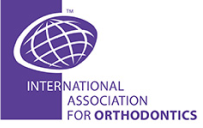SERVICES
Periodontal Therapy
Most adults will deal with gum disease at some point. At Matthews Smiles, we are passionate about educating our patients on the best oral hygiene to help prevent gum disease.
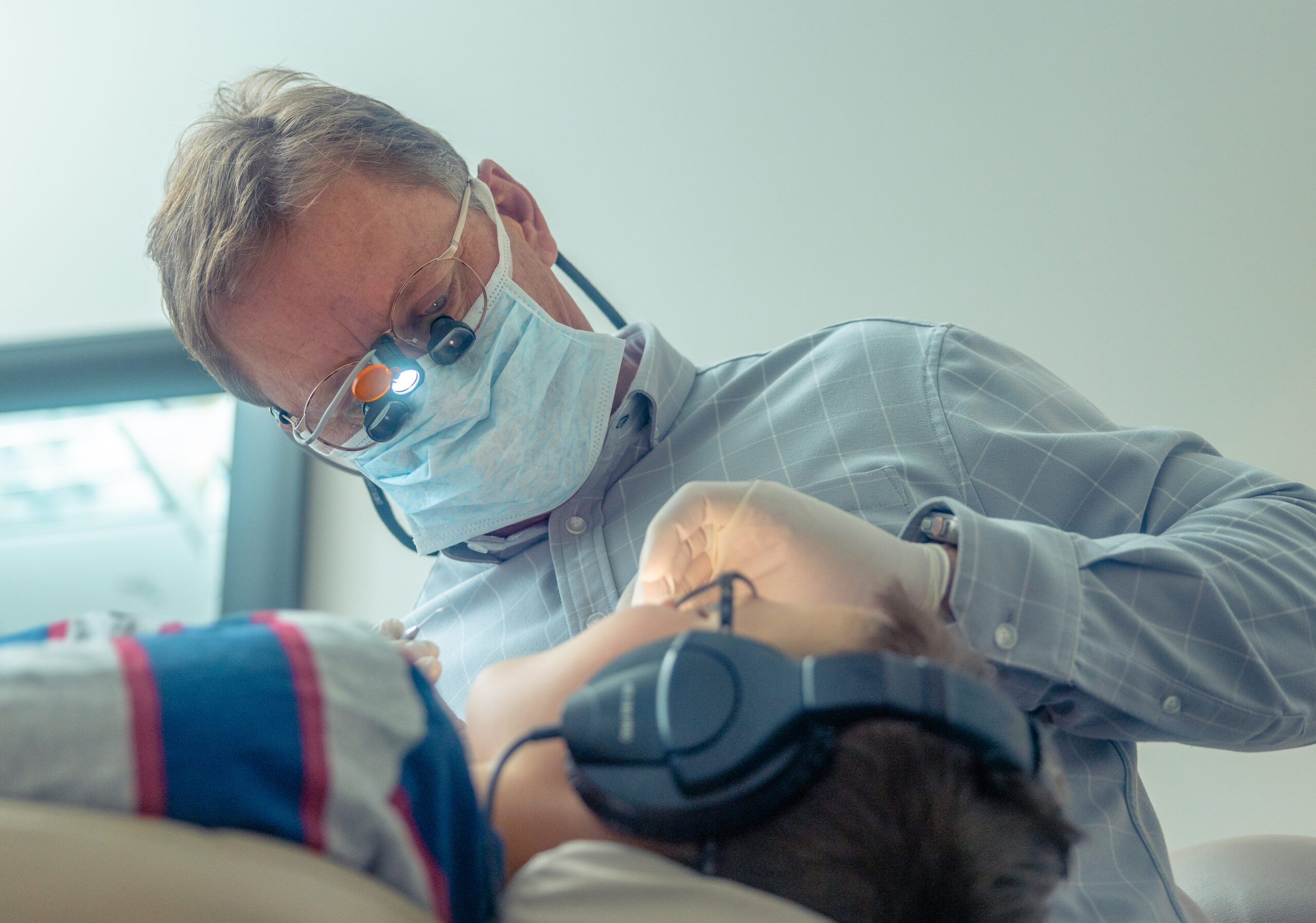

Regular Checkups
are Important
Gum disease is officially referred to as periodontal disease, and it is a common problem. Periodontal disease is an infection affecting gum tissue and bone tissue around your teeth. It can cause a variety of problems throughout your mouth. Gum disease has been linked to several more serious health issues as well. Your semi-annual checkup is an important part of avoiding gum disease. At your regular checkup, your dentist will be able to spot any periodontal disease in the early stages of development.
4.7 GOOGLE RATING, +300 REVIEWS
What Our Patients Say
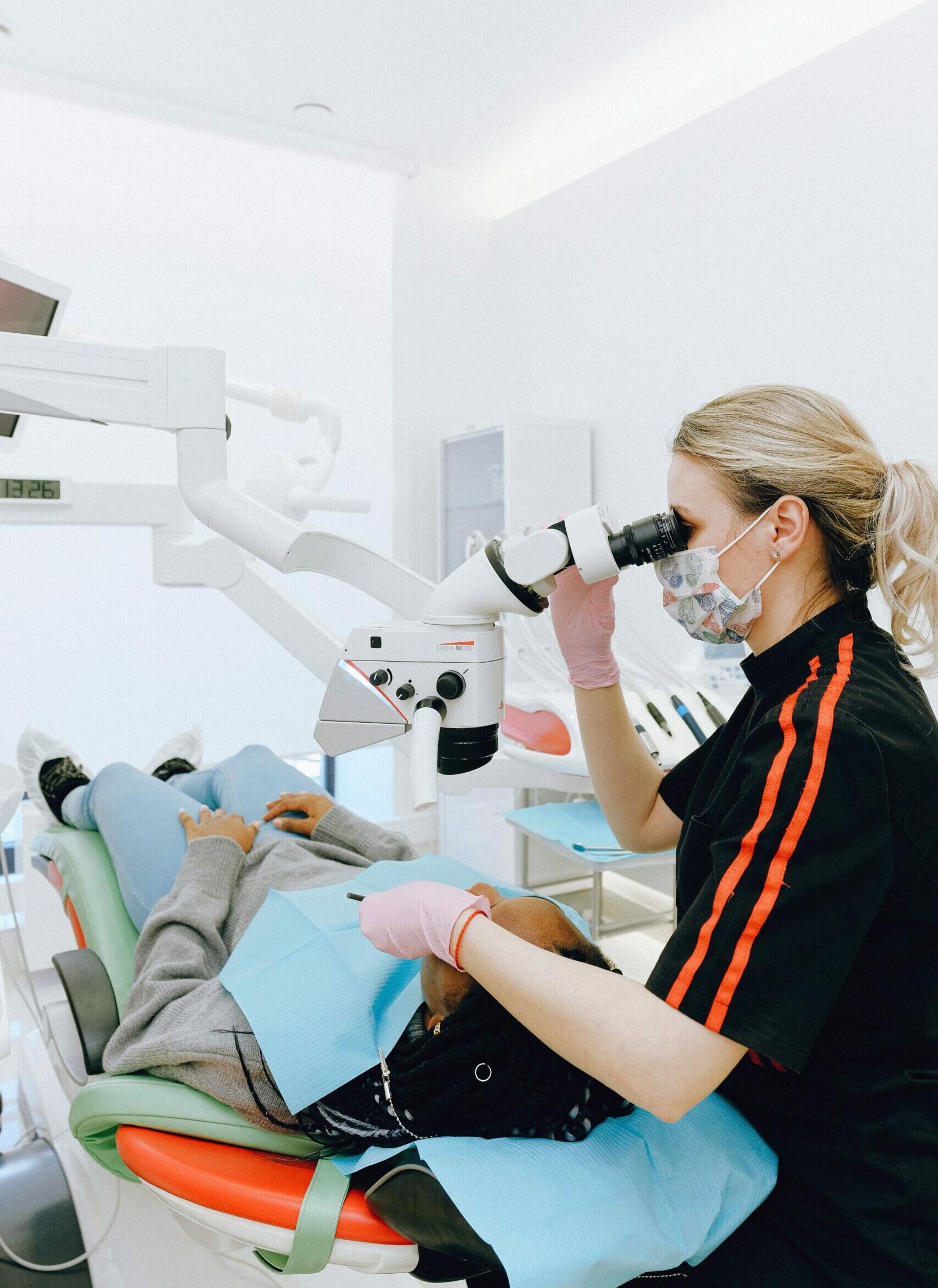
What Treatments
are Available?
Your dentist has a variety of options to recommend based upon your specific situation.
- Scaling and Root Planing: This process cleans out the hidden tartar and plaque that is built up in hidden pockets of the gums. In some cases, the dentist will perform a treatment called planing in which he will smooth the surface of the root of your tooth and remove any calcified bacteria.
- Antibiotics: In some cases, your dentist will prescribe medications that can provide non-surgical treatment of gum disease. The medication will eliminate the bacterial infection so that the gum tissue will have an opportunity to heal.
- Surgical Periodontal Therapy: This treatment is reserved for times that the dentist must remove plaque and tartar that is not reacting to basic periodontal treatments.
CONTACT US
Call (801) 377-9600 Now to Schedule Your Appointment
Or complete the form and we will contact you within one business day.
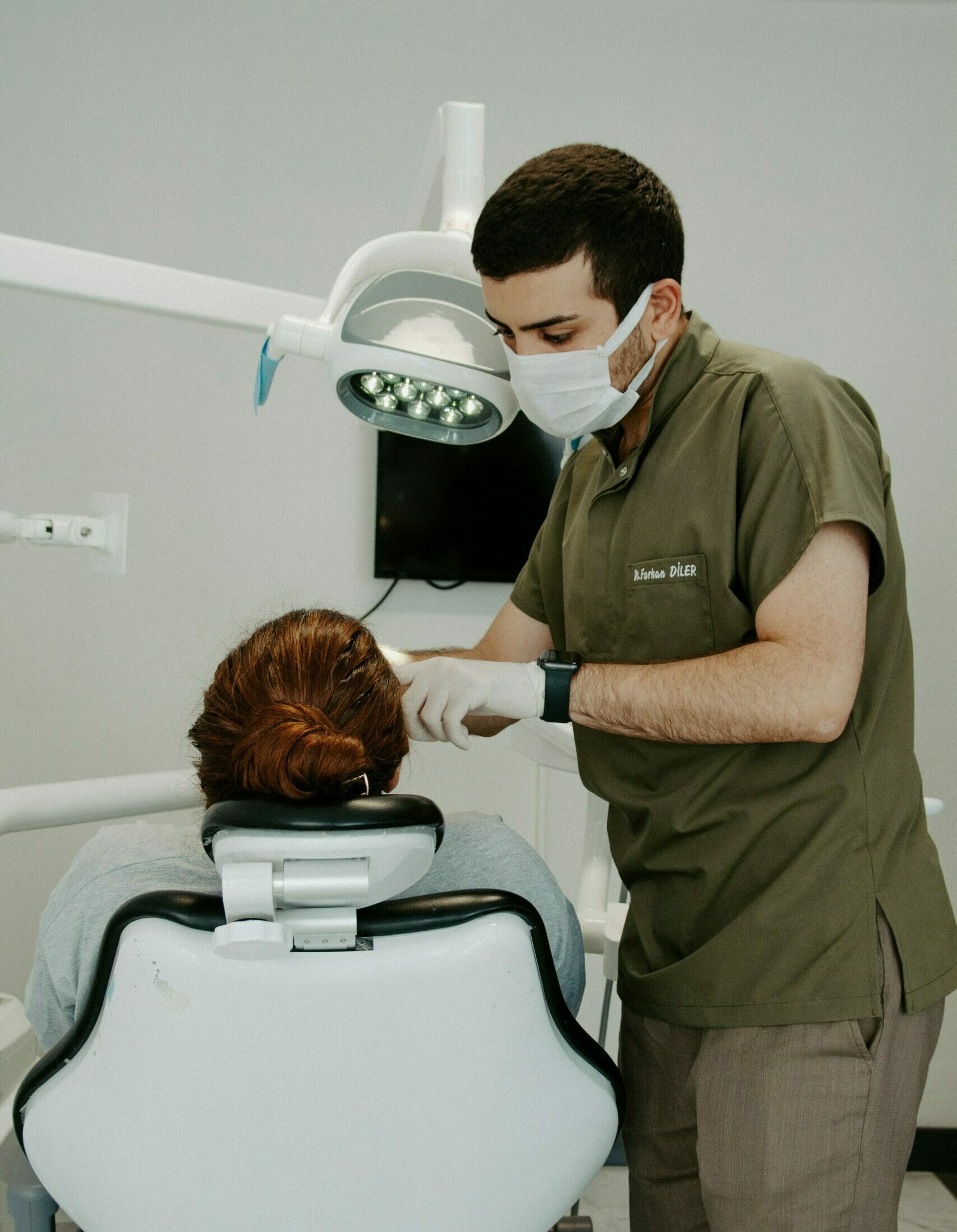
Warning Signs of Periodontal Treatment
Any of the symptoms listed below could be an indicator of periodontal disease:
- Gums that bleed after brushing and flossing
- Gums that are tender, red, or swollen
- Gums that have receded
- Persistent bad breath
- Pus exuding from between the gums and the teeth
- Loose teeth that should not be loose
- A change in your bite or in the fit of your dentures
If you notice any of these symptoms, we recommend that you set up an appointment with your dentist for further examination.
WE CAN HELP
No Insurance? No Problem!
At Matthews Smiles Dentistry, we think everyone should be able to get the great dental care they need, even if you don’t have dental insurance. That’s why we offer our new patients a special dental membership plan for just $287 a year. This yearly membership program will get you cleanings, exams, X-rays, and additional discounts on our other dental services.
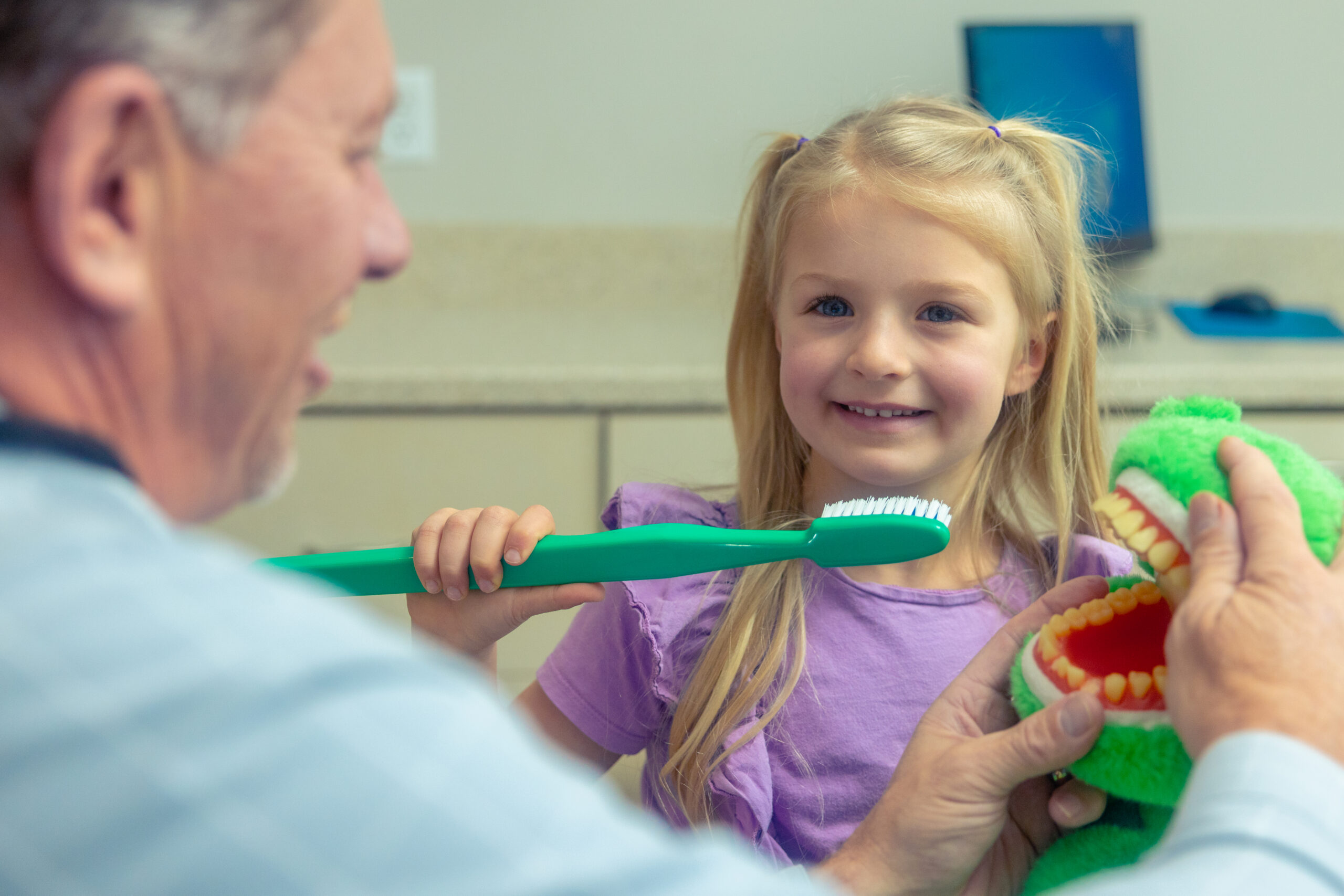
What Can I Do At Home?
The following habits will help you prevent periodontal disease:
- Excellent oral hygiene on a daily basis
- Brush and floss at least twice each day
- Good nutrition will help your gums
- Regular dental checkup and cleanings
Get In Touch

3610 N University Ave, Ste 200, Provo, UT 84604

(801) 377-9600

M-TH: 8-5, F: 8-4




